Thyme/ The Pahari Life
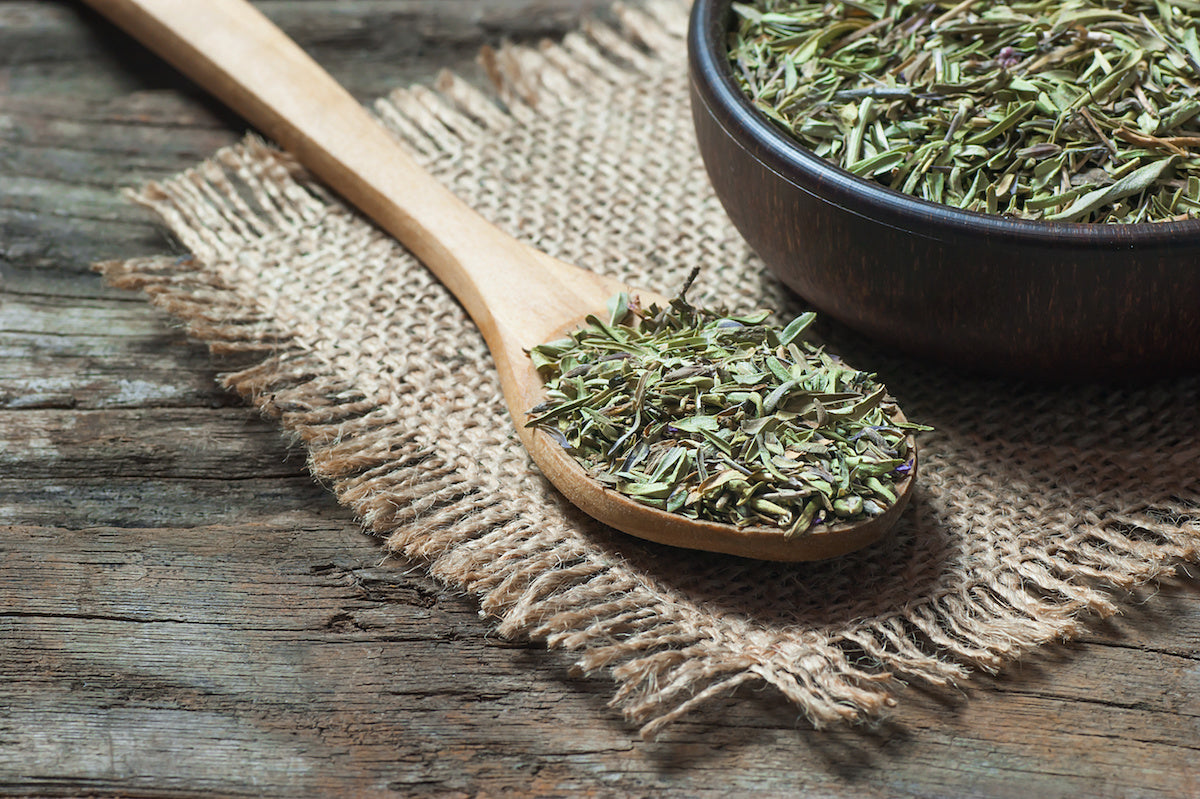
Thyme is a member of the genus Thymus of aromatic perennial evergreen herbs in the mint family Lamiaceae. Thymes are relatives of the oregano genus Origanum. They have culinary, medicinal, and ornamental uses, and the species most commonly cultivated and used for culinary purposes
Grown Organically in the natural & pollution free hills of Ramgarh in Uttarakhand, the Himalayan Thyme can be used to season all kinds of dishes, either by itself or as part of a blend alongside other common herbs like rosemary, sage, and marjoram. Fit for every diet and very rarely considered an allergen, thyme can be consumed by anyone looking to cook with fresh herbs.
Fresh thyme has a pronounced, concentrated herbal flavor with sharp grass, wood, and floral notes (like lavender and rosemary). Lemon thyme’s citrus fragrance is the most prominent note in that variety.
While dried thyme possesses a nearly identical flavor profile to its fresh counterpart, it typically needs to be re-hydrated—whether on its own or during the cooking process (i.e. adding to a braised dish or bread dough)—in order to display its full range. Dried thyme leaves can be substituted for fresh in any application, but use one-third as much dried thyme as you would use fresh.
Thyme has a wide range of medicinal and home uses, owing to its antiseptic and antibacterial properties. Its active compound, thymol, is used in personal hygiene and home sanitizing products. Thyme is also beneficial in aromatherapy, providing relief from respiratory ailments and stimulating immune and circulatory responses. In holistic medicine, thyme essential oil can be used diluted in compounds (never on its own, as the oil can be toxic in high concentrations) to relieve and heal infections of the skin and mouth. Holistic or homeopathic use of thyme should be avoided in children and pregnant or nursing women. The oil should also never be ingested; instead, make the leaves into a tea or dilute the essential oil for a soothing compress.
Shipping - To ensure fresh & pure products are delivered at your doorstep, we procure these directly from the Local farmers/ Women's Self Help Groups in small batches. It therefore sometimes takes 7-21 days for the shipment to get delivered to you depending upon your location.
Thyme is a member of the genus Thymus of aromatic perennial evergreen herbs in the mint family Lamiaceae. Thymes are relatives of the oregano genus Origanum. They have culinary, medicinal, and ornamental uses, and the species most commonly cultivated and used for culinary purposes Grown Organically in the natural & pollution free hills of Ramgarh in Uttarakhand, the Himalayan Thyme can be used to season all kinds of dishes, either by itself or as part of a blend alongside other common herbs like rosemary, sage, and marjoram. Fit for every diet and very rarely considered an allergen, thyme can be consumed by anyone looking to cook with fresh herbs. Fresh thyme has a pronounced, concentrated herbal flavor with sharp grass, wood, and floral notes (like lavender and rosemary). Lemon thyme’s citrus fragrance is the most prominent note in that variety. While dried thyme possesses a nearly identical flavor profile to its fresh counterpart, it typically needs to be re-hydrated—whether on its own or during the cooking process (i.e. adding to a braised dish or bread dough)—in order to display its full range. Dried thyme leaves can be substituted for fresh in any application, but use one-third as much dried thyme as you would use fresh. Thyme has a wide range of medicinal and home uses, owing to its antiseptic and antibacterial properties. Its active compound, thymol, is used in personal hygiene and home sanitizing products. Thyme is also beneficial in aromatherapy, providing relief from respiratory ailments and stimulating immune and circulatory responses. In holistic medicine, thyme essential oil can be used diluted in compounds (never on its own, as the oil can be toxic in high concentrations) to relieve and heal infections of the skin and mouth. Holistic or homeopathic use of thyme should be avoided in children and pregnant or nursing women. The oil should also never be ingested; instead, make the leaves into a tea or dilute the essential oil for a soothing compress. Shipping - To ensure fresh & pure products are delivered at your doorstep, we procure these directly from the Local farmers/ Women's Self Help Groups in small batches. It therefore sometimes takes 7-21 days for the shipment to get delivered to you depending upon your location.

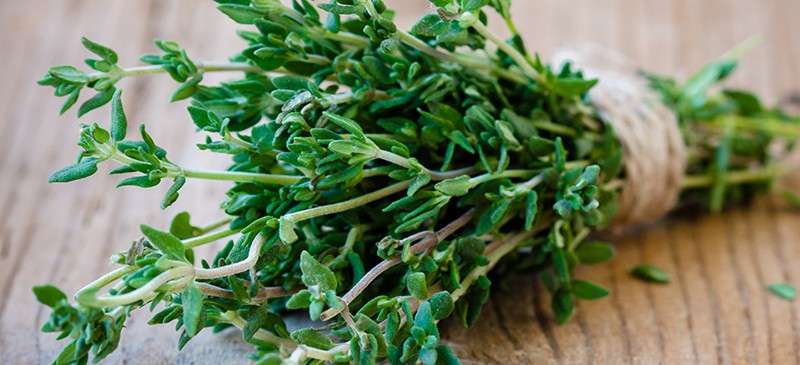


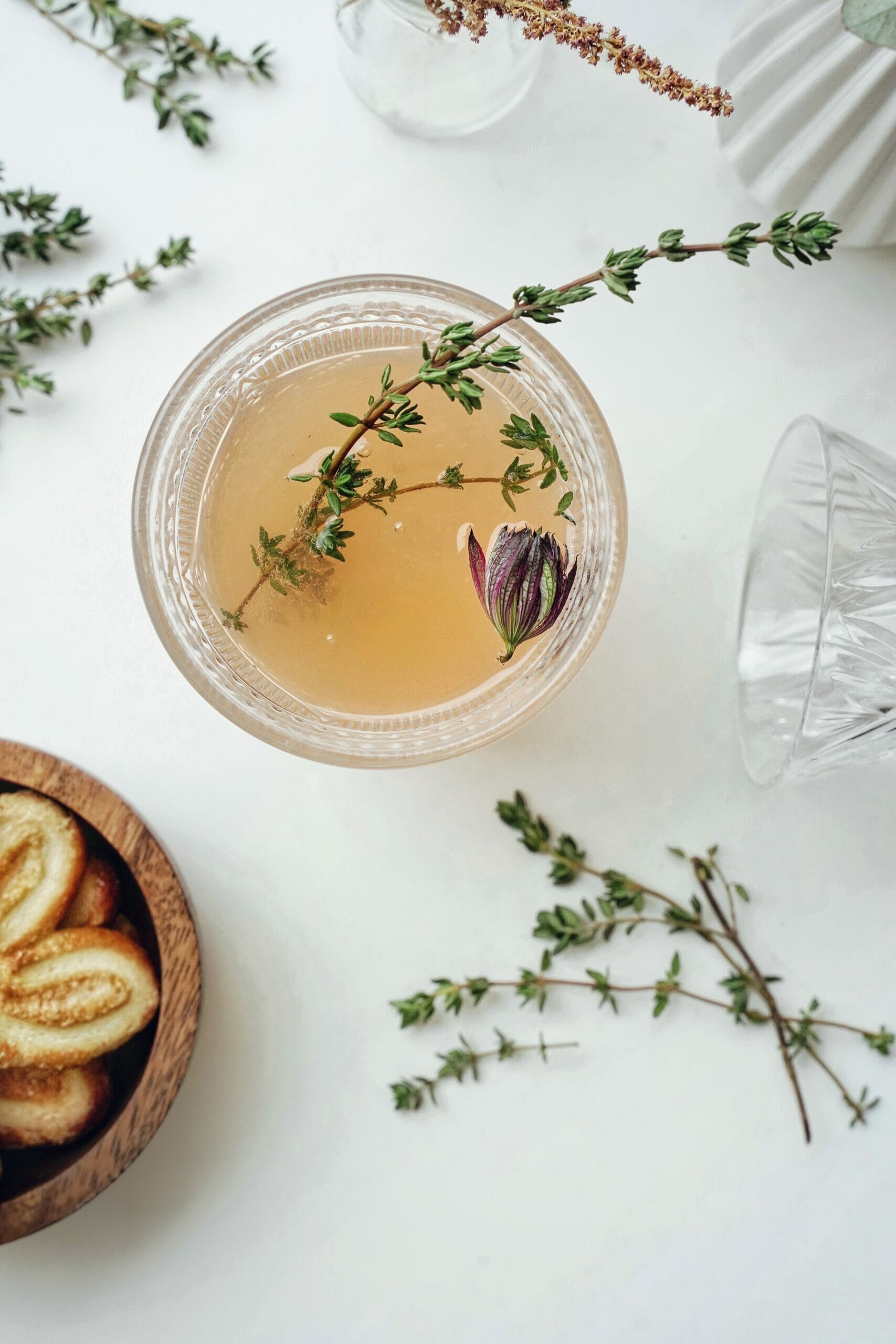
:max_bytes(150000):strip_icc()/lemon-thyme-185225229-b0e5bf60a5464b3fa2a627187984a313.jpg)
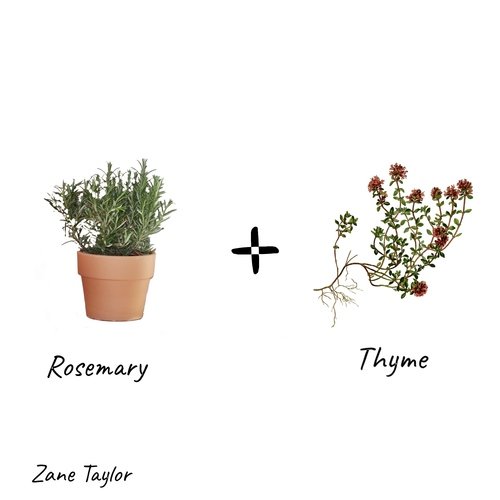


-
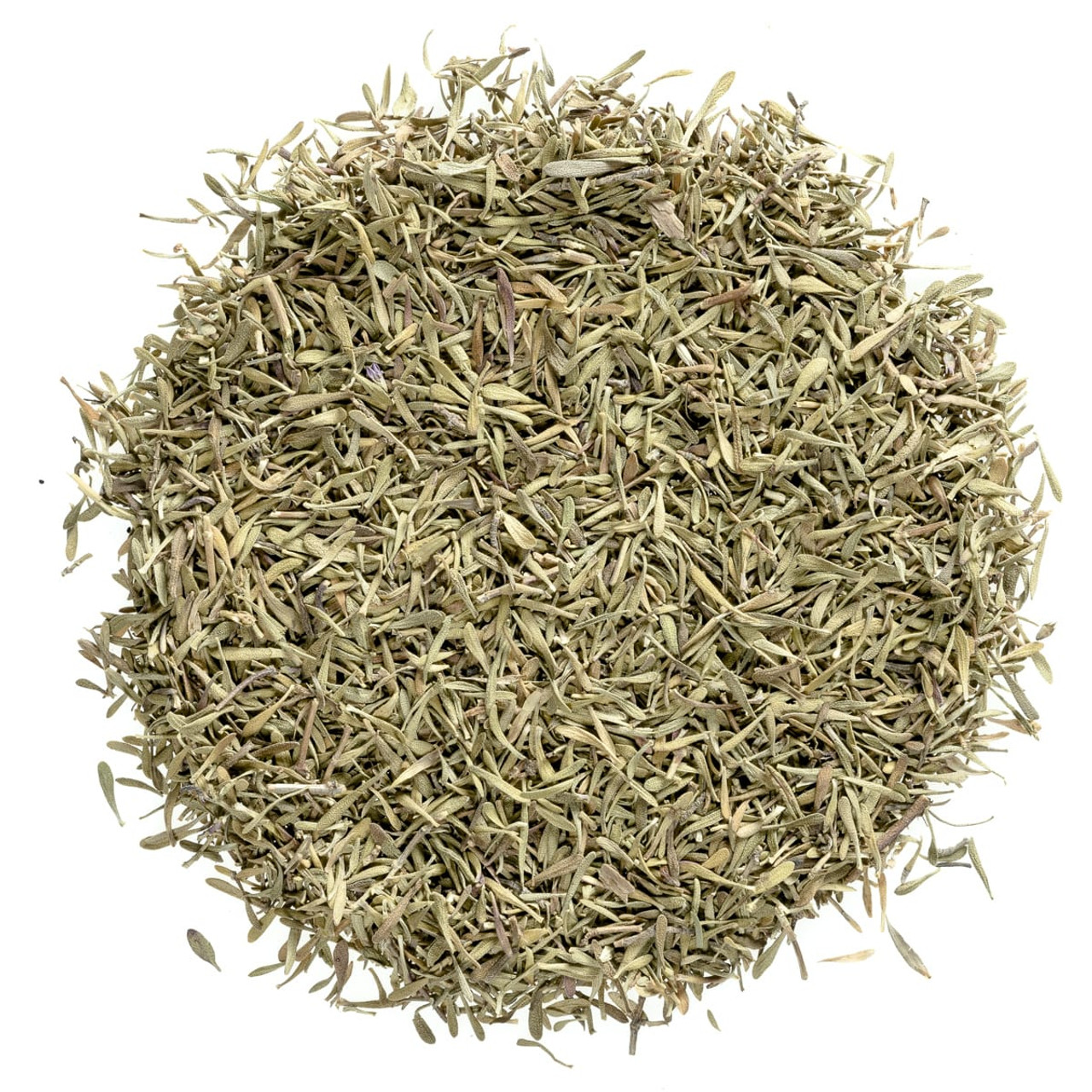 Thyme Whole16 Jun 2024
Thyme Whole16 Jun 2024 -
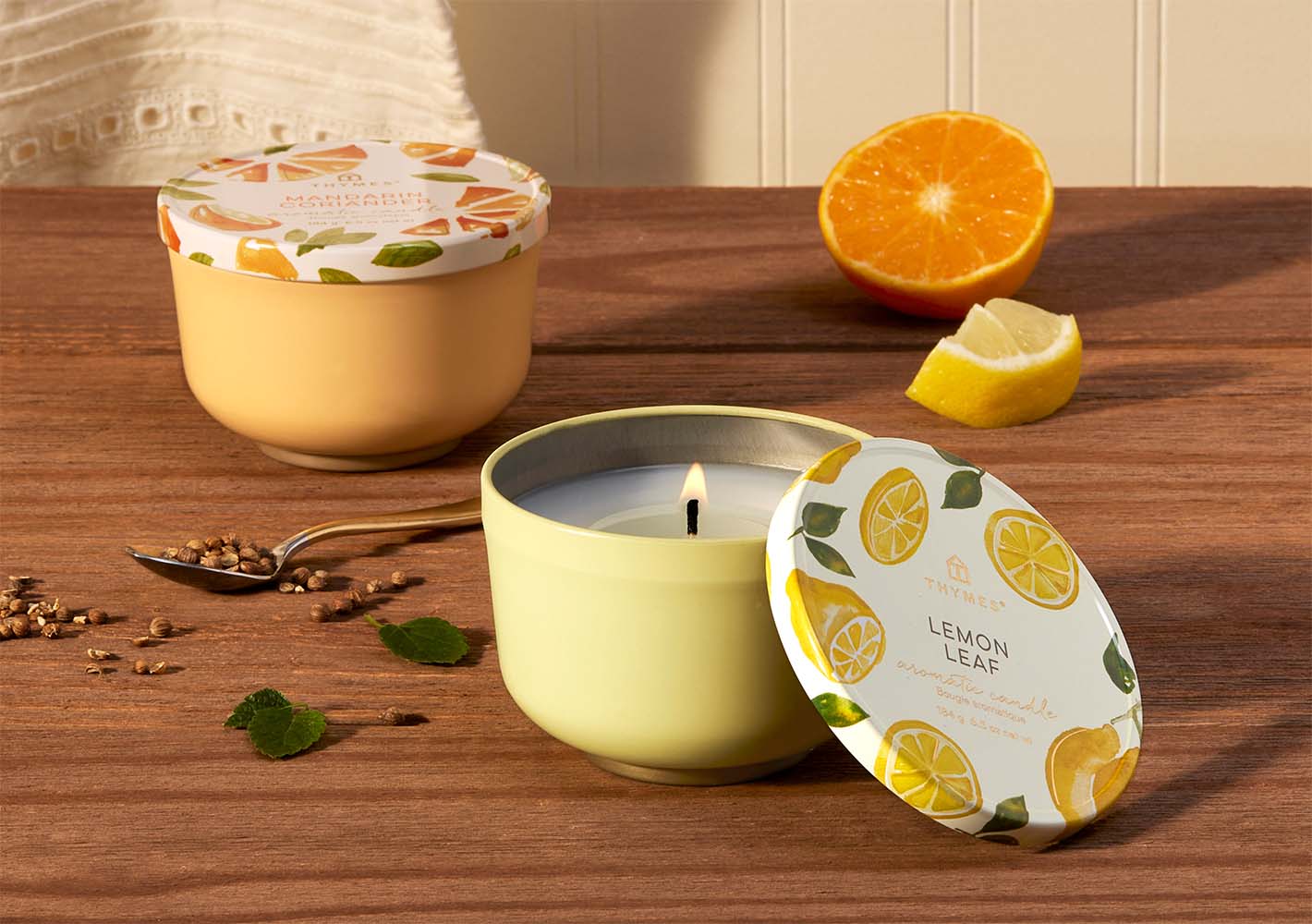 Shop Thymes Wholesale16 Jun 2024
Shop Thymes Wholesale16 Jun 2024 -
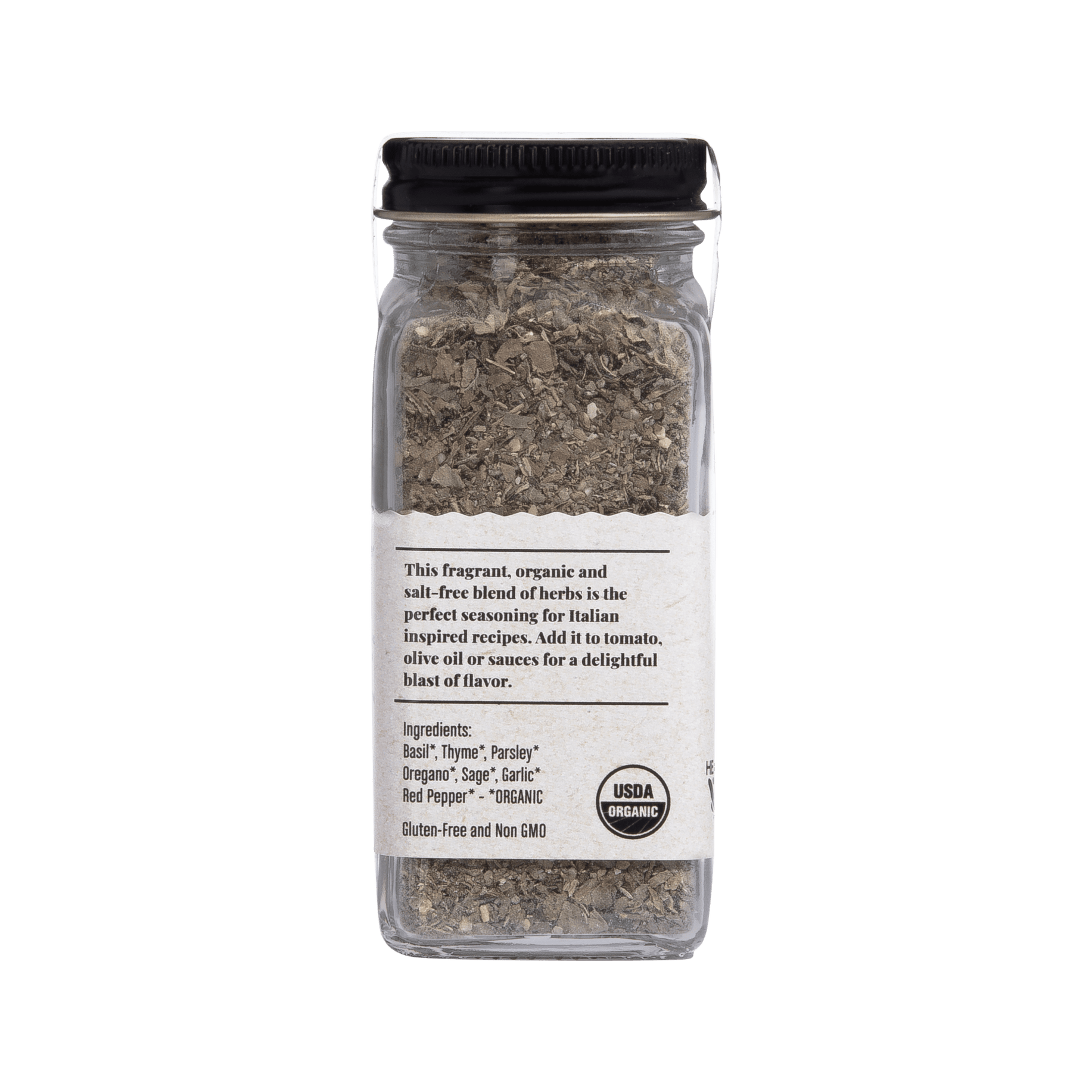 Let The Good Thymes Roll16 Jun 2024
Let The Good Thymes Roll16 Jun 2024 -
 Great Varieties of Thyme to Grow16 Jun 2024
Great Varieties of Thyme to Grow16 Jun 2024 -
 9 Thyme plants for your dry garden16 Jun 2024
9 Thyme plants for your dry garden16 Jun 2024 -
 How to Make Thyme Tea with Fresh and Dried Thyme16 Jun 2024
How to Make Thyme Tea with Fresh and Dried Thyme16 Jun 2024 -
 Thymes Hand Lotion Gold Pump - 8.25 Fl Oz - Eucalyptus : Beauty & Personal Care16 Jun 2024
Thymes Hand Lotion Gold Pump - 8.25 Fl Oz - Eucalyptus : Beauty & Personal Care16 Jun 2024 -
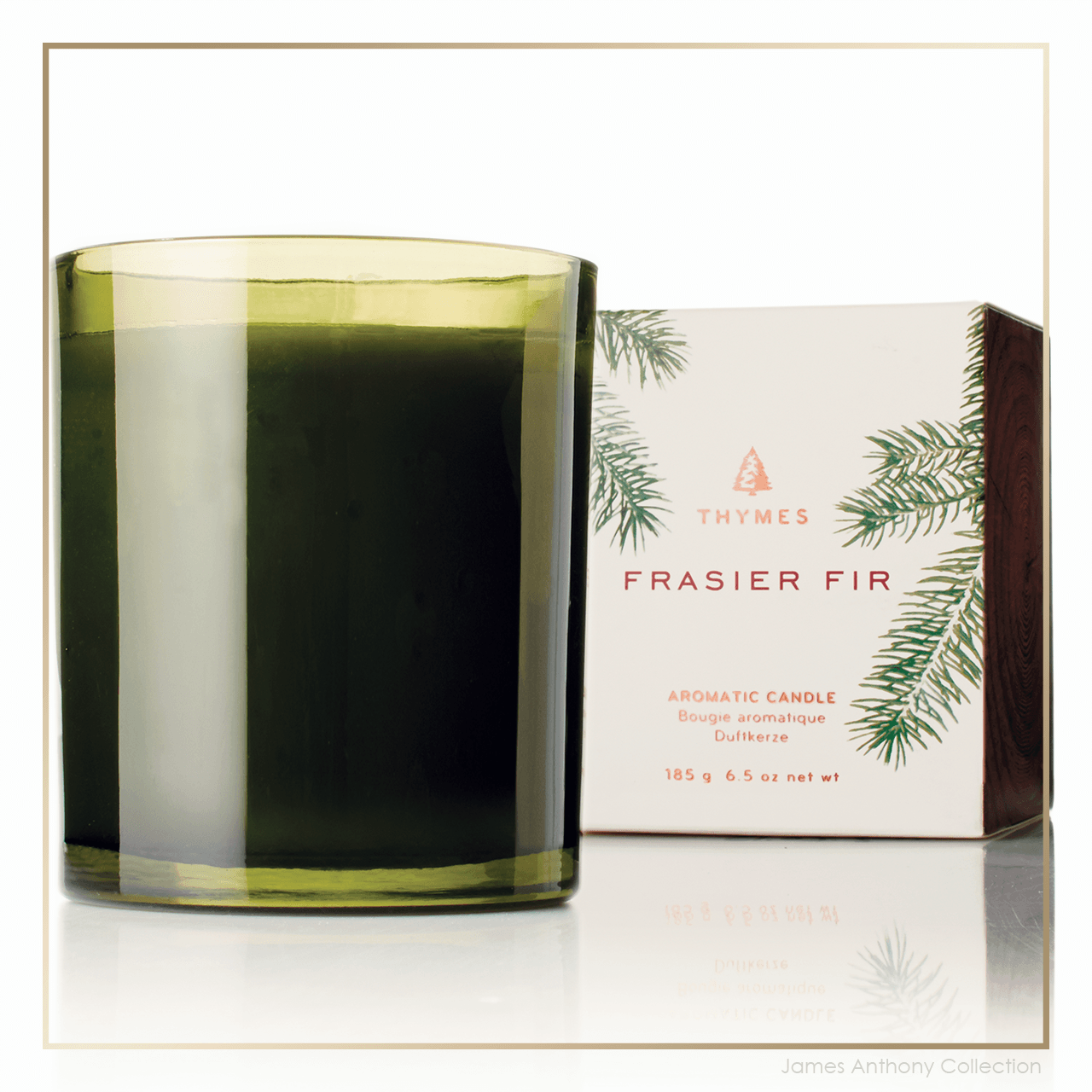 Thymes Frasier Fir Green Glass Candle16 Jun 2024
Thymes Frasier Fir Green Glass Candle16 Jun 2024 -
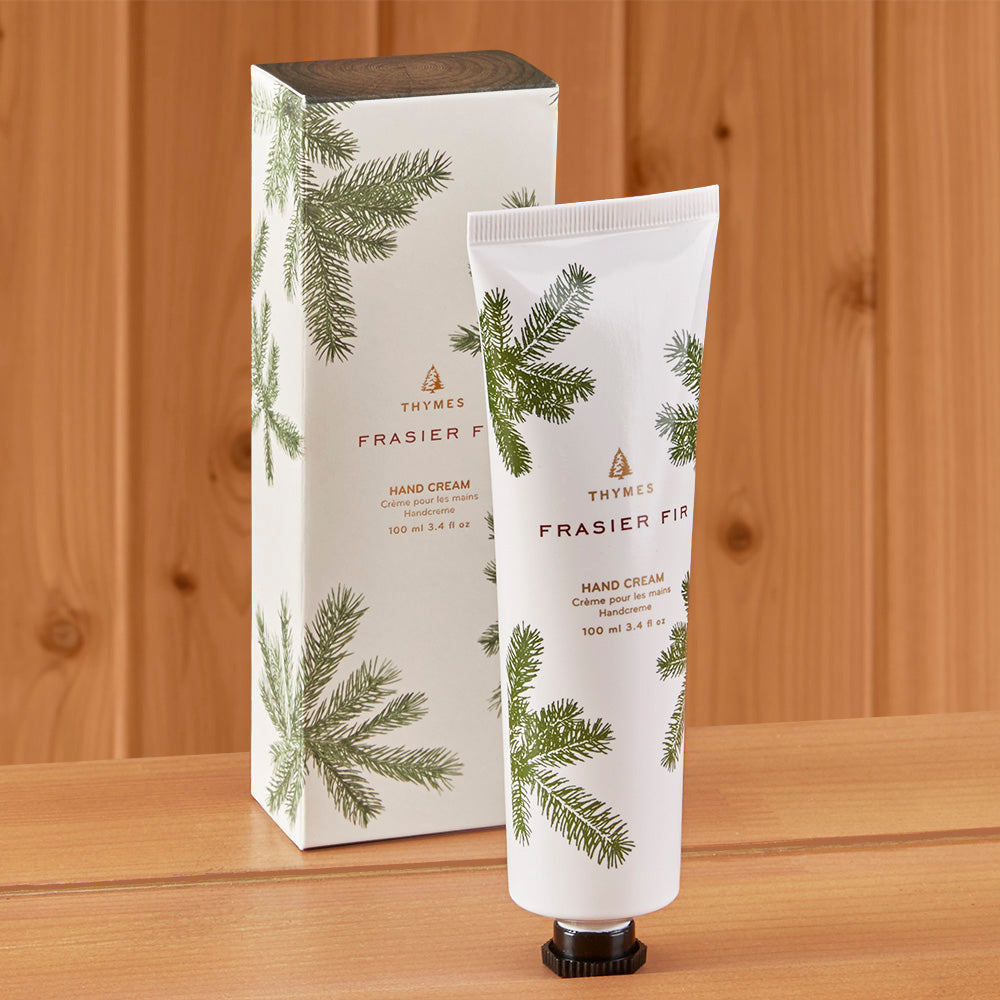 Thymes Frasier Fir Petite Hand Cream16 Jun 2024
Thymes Frasier Fir Petite Hand Cream16 Jun 2024 -
 Thymes Goldleaf Eau De Parfum 1.75oz - The BBQ Allstars16 Jun 2024
Thymes Goldleaf Eau De Parfum 1.75oz - The BBQ Allstars16 Jun 2024
-
 Marble Wallpaper Oil Proof Wall Stickers Kitchen Backsplash16 Jun 2024
Marble Wallpaper Oil Proof Wall Stickers Kitchen Backsplash16 Jun 2024 -
Polo Ralph Lauren Black Big & Tall Bi-Swing Windbreaker16 Jun 2024
-
 Caran D'Ache Luminance Colored Pencil Skin Tones16 Jun 2024
Caran D'Ache Luminance Colored Pencil Skin Tones16 Jun 2024 -
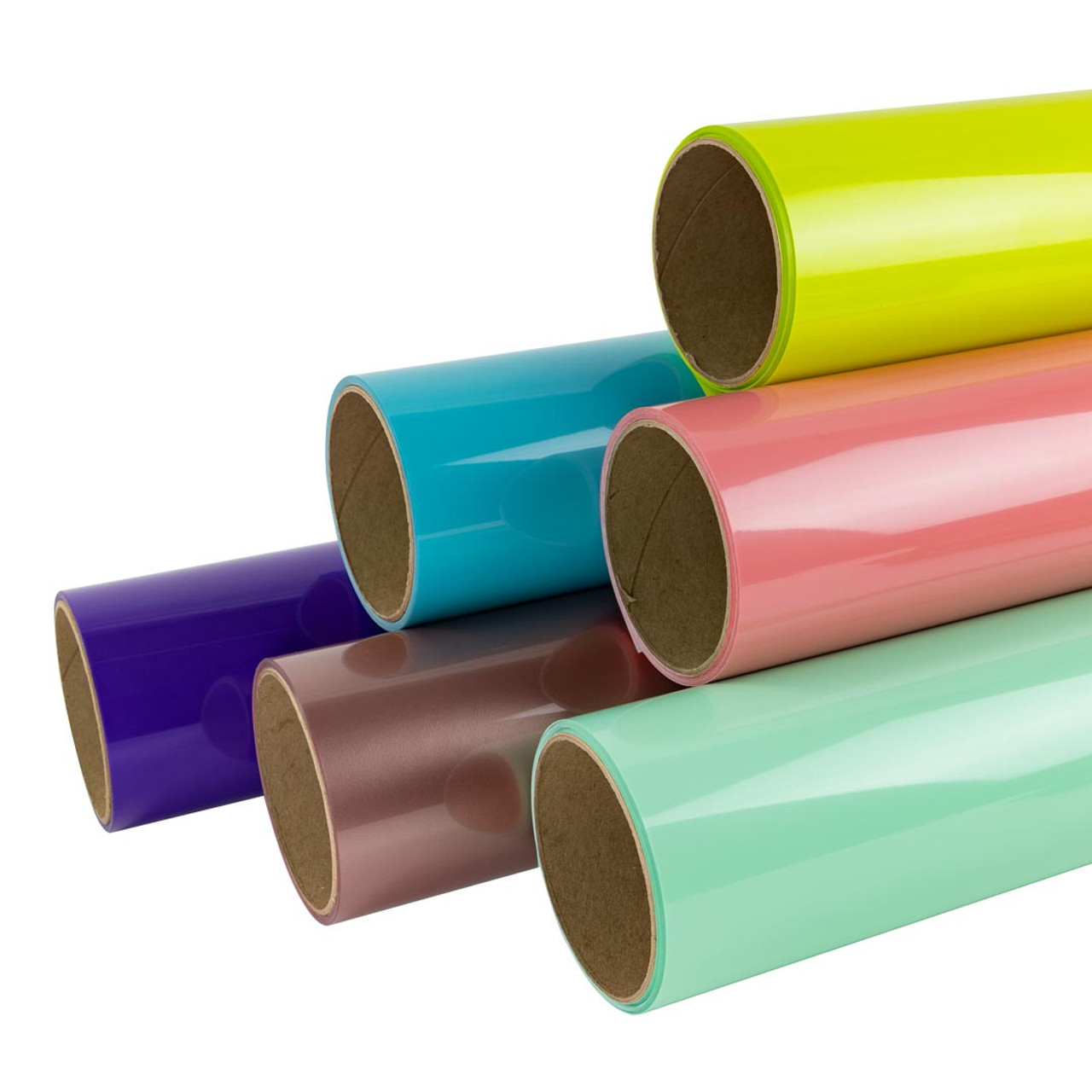 Siser EasyWeed EcoStretch Heat Transfer Vinyl Roll - 12 x 5 Yards16 Jun 2024
Siser EasyWeed EcoStretch Heat Transfer Vinyl Roll - 12 x 5 Yards16 Jun 2024 -
 Home Page16 Jun 2024
Home Page16 Jun 2024 -
 KAK Transparent Visible Pick Cutaway Practice Padlock Lock With Broken Key Removing Hook Kit Extractor Set16 Jun 2024
KAK Transparent Visible Pick Cutaway Practice Padlock Lock With Broken Key Removing Hook Kit Extractor Set16 Jun 2024 -
 Cricut Tools, Scoring Stylus16 Jun 2024
Cricut Tools, Scoring Stylus16 Jun 2024 -
 HOW TO FIX DRESS PANTS HEM, Blind Stitch16 Jun 2024
HOW TO FIX DRESS PANTS HEM, Blind Stitch16 Jun 2024 -
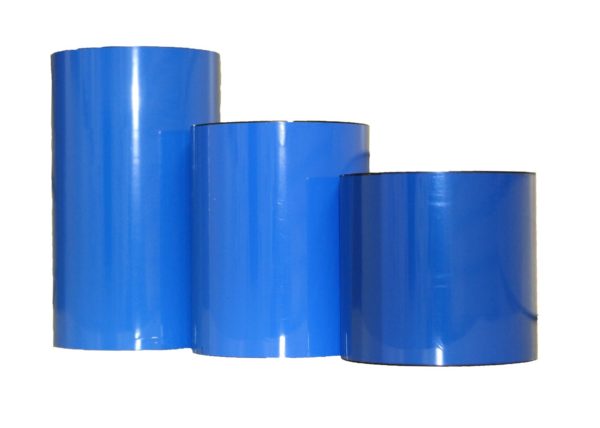 4.33 x 984' Zebra Resin Blue Ribbons - Thermal Label HQ16 Jun 2024
4.33 x 984' Zebra Resin Blue Ribbons - Thermal Label HQ16 Jun 2024 -
 Bbj Wraps Korean Flower Wrapping Paper Roll Florist Bouquet Supplies Waterproof Floral Wrapping Paper for Fresh Flowers, 23.6 inch x 66 Feet (Pink)16 Jun 2024
Bbj Wraps Korean Flower Wrapping Paper Roll Florist Bouquet Supplies Waterproof Floral Wrapping Paper for Fresh Flowers, 23.6 inch x 66 Feet (Pink)16 Jun 2024
